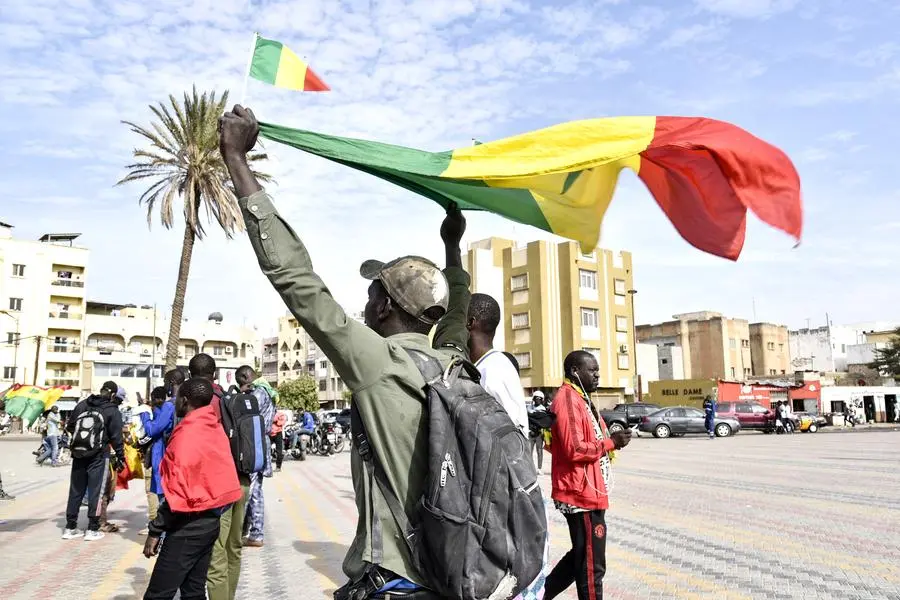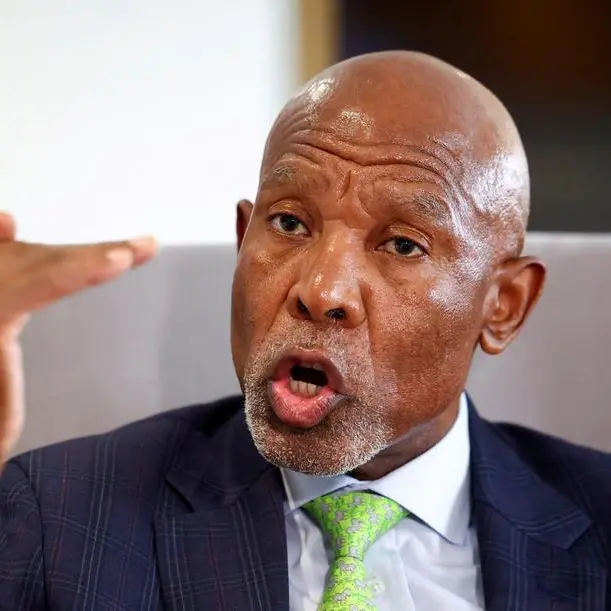PHOTO
Mali's ruling junta will only organise elections to hand back power to civilians once the security situation has been completely stabilised, the military-appointed prime minister has said.
The West African nation has been ruled by juntas since back-to-back coups in 2020 and 2021, with the worsening security situation aggravated by armed jihadist and separatist groups.
"The stabilisation phase must reach a point of no return, a point that is sufficiently stable to be able to organise elections," said prime minister Choguel Kokalla Maiga, without giving a date, during an address broadcast on state television and social media late Thursday.
Maiga is the first senior official to give even a vague outline of a power transfer since the military authorities failed to honour a commitment to leave by March 26, 2024.
Under pressure from regional bloc ECOWAS, the junta had promised to organise presidential elections in February and hand over power by the end of March, but drew domestic criticism after failing to do so.
The junta's ruling on Wednesday to indefinitely suspend the activities of political parties in the name of maintaining public order refuelled the outcry.
It was further fuelled a day later with a ban on media coverage of political parties, marking the latest crackdown on dissent.
The prime minister sought to justify the measures by saying that elections would be held once the security situation had been fully stabilised.
He said the state had regained control of its entire territory since ending its alliance with former colonial power France and the European Union in 2022, before forging closer ties with Russia.
But he added that stability would only be possible after the end of a national dialogue launched on December 31 by the head of the junta, Colonel Assimi Goita.
After local and regional talks, a national-level dialogue is due to begin from May 6, but it is not known how long it will take to implement the conclusions.
- 'Aggravate tensions' -
The success of the dialogue and "the attainment of a level of stabilisation of the country's sovereignty are the prerequisite conditions for setting the date for an election," Maiga said.
The precarious security situation has regularly been used as an argument by those supporting the continuation of military rule.
But the junta last June held a referendum to bring in a new constitution, with 97 percent of votes cast in favour, according to the electoral authority.
Since August 2020, Mali's opposition has been largely muzzled by legal woes, the dissolution of organisations, restrictions on press freedom and calls for national unity.
Many opponents, journalists and human rights advocates have been convicted, harassed or driven into exile.
But in a rare joint statement on March 31, a number of major political parties and civil groups decried the "legal and institutional vacuum" left by the failure to hand back power to civilians on March 26.
They called for a "rapid and inclusive dialogue" to ensure that the presidential election is held "as soon as possible".
One of Mali's main parties, Adema, on Friday said it would boycott the junta's dialogue and described the suspension of political activities as "illegal".
Human Rights Watch urged the military government to "immediately" reverse the decision, which it said violated both Malian and international law in the junta's "relentless crackdown on peaceful opposition and dissent".
The suspension of party activities "can only aggravate tensions and further compromise Mali's already fragile stability," said former prime minister Boubou Cisse in a message sent to AFP, expressing concern about "the coming disaster".
Maiga said that those within the country calling for elections to be held as soon as possible were serving the interests of the "enemies of Mali" and denounced "democratic naivety".





















